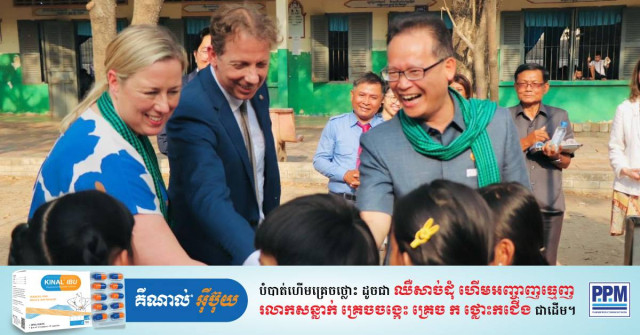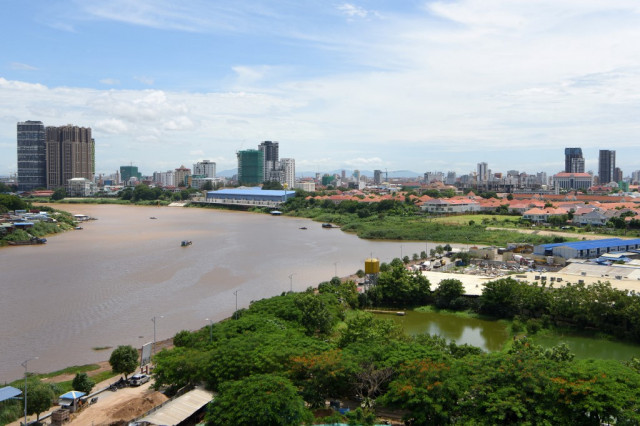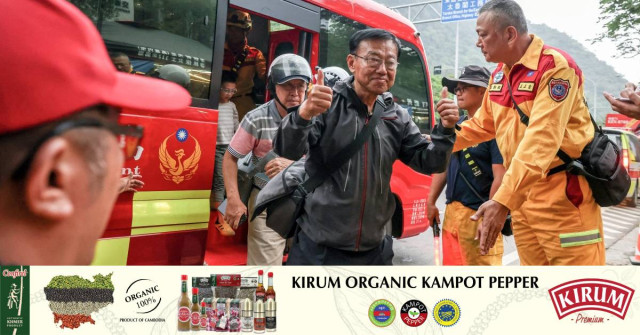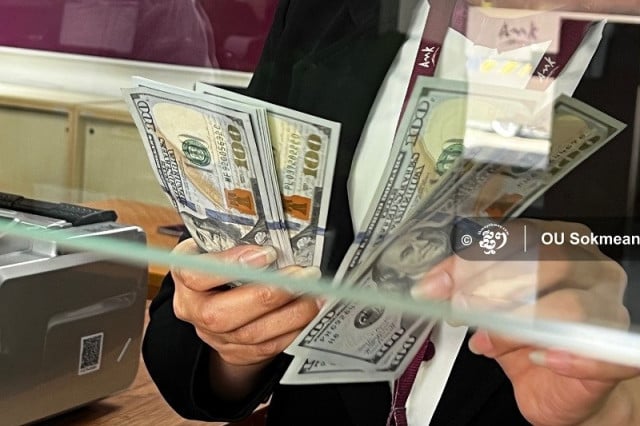EU: We Want to Build Cambodian Independence

- By Teng Yalirozy
- March 14, 2024 10:50 AM
PHNOM PENH – The European Union aims to help Cambodia create national value and strengthen resilience and independence through development funds, says the EU Commissioner for International Partnership.
Jutta Urpilainen paid an official visit to the country on March 12 and 13 when she talked to stakeholders and allocated more development funds.
On March 12, over $85 million was allocated for four projects on digital education, agriculture and food systems, sustainable energy and trade.
The next day, $13 million was granted to the third phase of the Bakheng Water Treatment Plant, which has given more than two million residents in Phnom Penh and Ta Khmau city access to clean water.
Two initiatives focusing on “Green Agribusiness and Decent Jobs” worth $1.1 billion, and “Green Factories and Decent Jobs” with an estimated value of $430 million have been rolled out by Team Europe.
Team Europe consists of the European Union, EU member states — including their public development banks — as well as the European Investment Bank and the European Bank for Reconstruction and Development.
“We don't want to create dependencies, and that's why everything we do the aim and objective is also to create local and national value so that we want to create value here in Cambodia,” Urpilainen said.
More cooperation of LDC graduation
Urpilainen envisaged abundant opportunities and cooperation with Cambodia after it graduated from Least Developed Countries status.
Cambodia is one of 46 countries in the category and has fulfilled two of the three criteria required for graduation.
It met the criteria for the first time in 2021 and will be assessed again this year. This could pave the way for the country to graduate from the status in 2027 and to achieve the goal of becoming a high middle-income country in 2030.
Urpilainen said Cambodia cannot benefit from the Everything but Arms (EBA) when it graduates. It can ask to become an upgraded partner under the GSP Plus – a special incentive supporting vulnerable developing countries.
However, it must meet the criteria of having ratified 27 international conventions on human rights, labor rights, environmental protection, climate change and good governance.
Urpilainen said Cambodia is on the right track towards becoming a developed nation, which the EU supports.
However, to attract more investment, Urpilainen said Cambodia should ensure the investing environment by strengthening its rule of law, human rights and democracy. These elements were important for the EU, she said.
“We don't see the civic space or restriction or recording human rights as the same way as the government,” she said. “But I think it's a good definition of partnership if we can openly discuss the topics where we don't have the same opinion.”
The funds are provided under Global Gateway, the European strategy “to boost smart, clean and secure links in digital, energy and transport sectors and to strengthen health, education and research systems across the world”.















